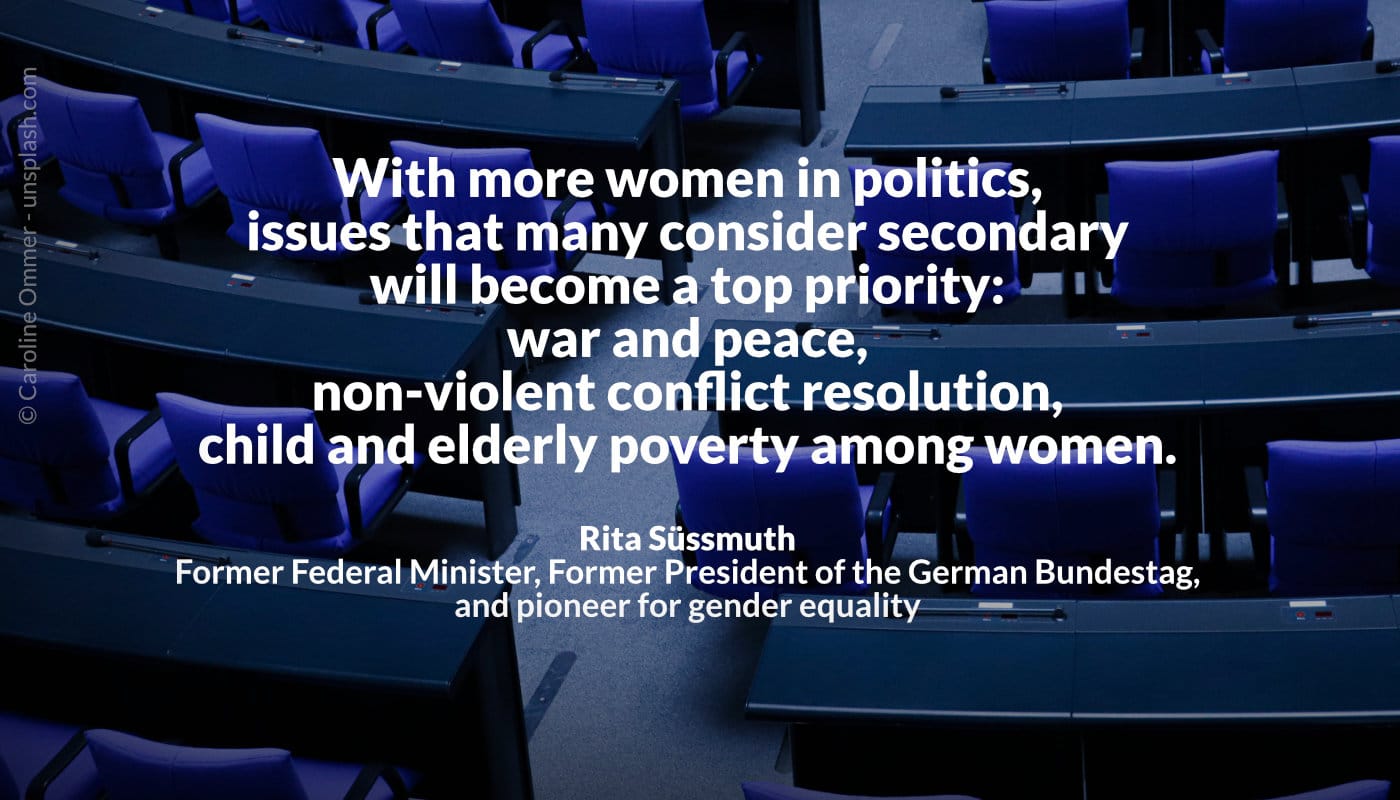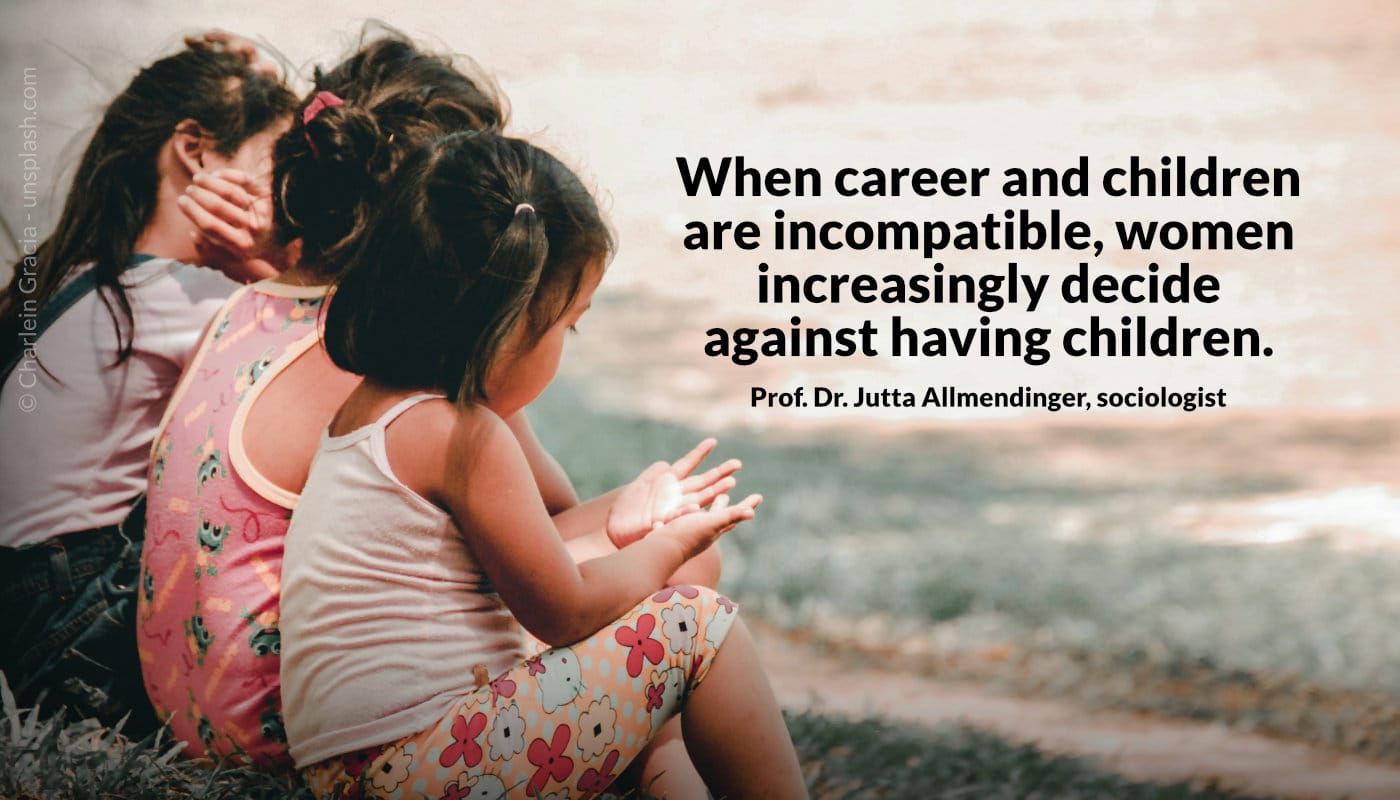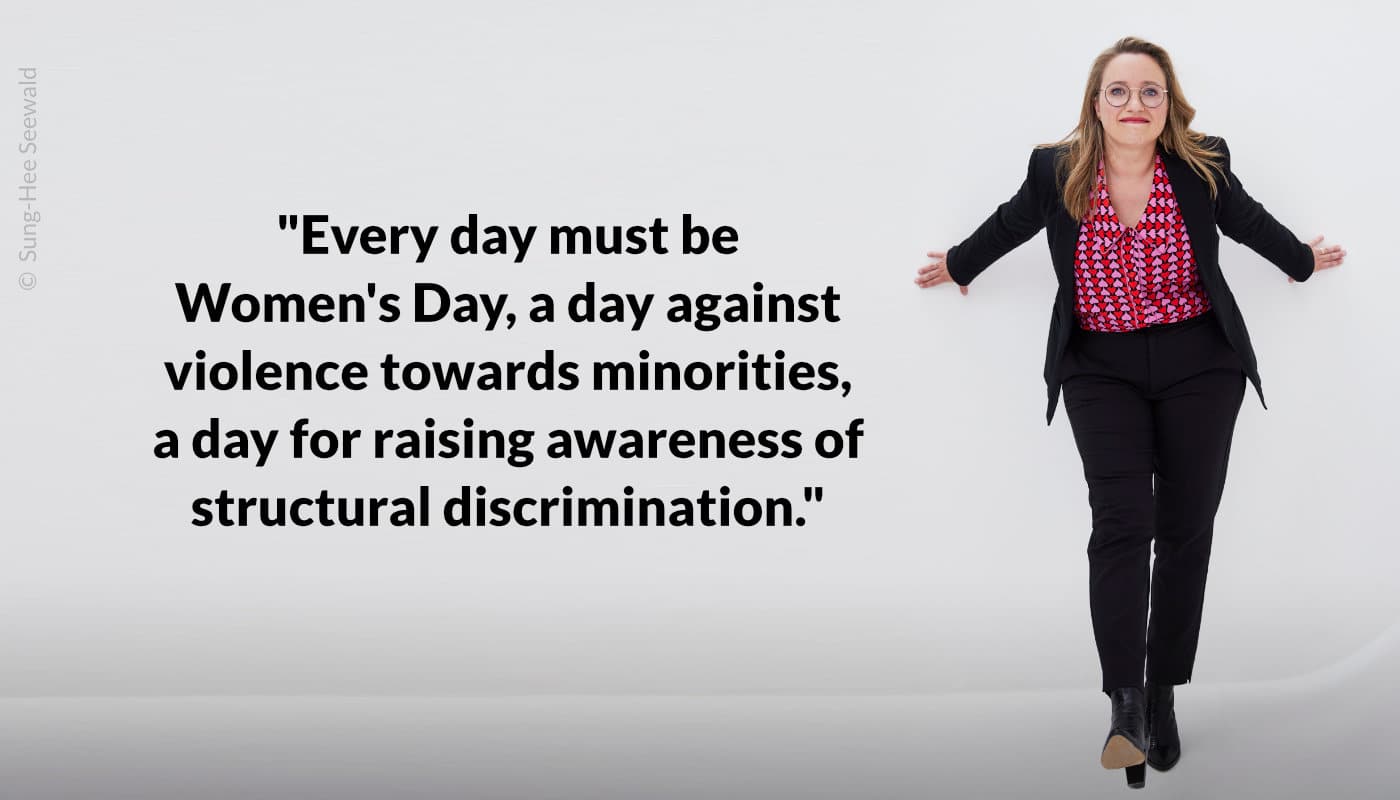“Many couples who want to live equally end up failing. At the latest, when they have a child. How can you clarify joint finances in a timely and fair manner?” asks Sophie Kobel in SZ Jetzt.
At around the age of 30, when many couples are expecting a child, it is often also decided how their professional careers will develop in the long term.
Only one in ten fathers in Germany takes more than two months of parental leave; on average, men take three and a half months. A career can “forgive” such a short break. “But does it also forgive the 14.6 months of maternity leave and parental leave that women take in comparison? Many mothers cannot or do not want to return to their full-time jobs after the birth of their child: in Germany, about two-thirds of working mothers work part-time permanently.” The result: women are significantly less well-provided for in old age than men.
Even couples with clear ideas about equality often abandon them after the birth of a child, according to the author. “They underestimate how dramatic a baby is in the life of a couple,” says sociologist Katja Rost. The workload from the child is often too great to manage two full-time jobs. So, after a few months, some couples restructure their daily lives and end up returning to the classic roles (especially if the one better-paid full-time job brings in more than two part-time jobs).
But studies show: “The longer you stay out, the more difficult it becomes.” For a mother who does not work full-time for a long period, it is important that the couple makes joint provisions, for example, by the father paying into the mother’s pension insurance.
For unmarried women in particular, a later separation can otherwise end fatally. “Both should always get half of what was earned during the entire time together,” says Rost. This must be recorded in writing beforehand, in a partnership agreement, which could also regulate the amount and duration of maintenance payments. Family lawyer Angelika Nake advises: “Agreements made about a child that doesn’t yet exist are good agreements. Because you talk about it in a completely different way.” Often, couples think they have similar life plans – without having talked about them specifically. They only realize how different their ideas are once a child is already there.
Prenuptial agreements – often desired by the financially stronger partner – often disadvantage women. They should not waive claims that the law fundamentally provides. If there is to be a prenuptial agreement, disadvantages must be compensated for – including long-term ones that come into play in the decades of life that follow.
The golden rule: “Women should make it clear right at the beginning of the relationship how they envision life as a family later on.”

Posted by Natascha Hoffner, Founder & CEO of herCAREER, WiWo columnist, LinkedIn TOP Voice 2020, W&V 2019 – 100 Köpfe
published on LinkedIn on 16.05.2024












